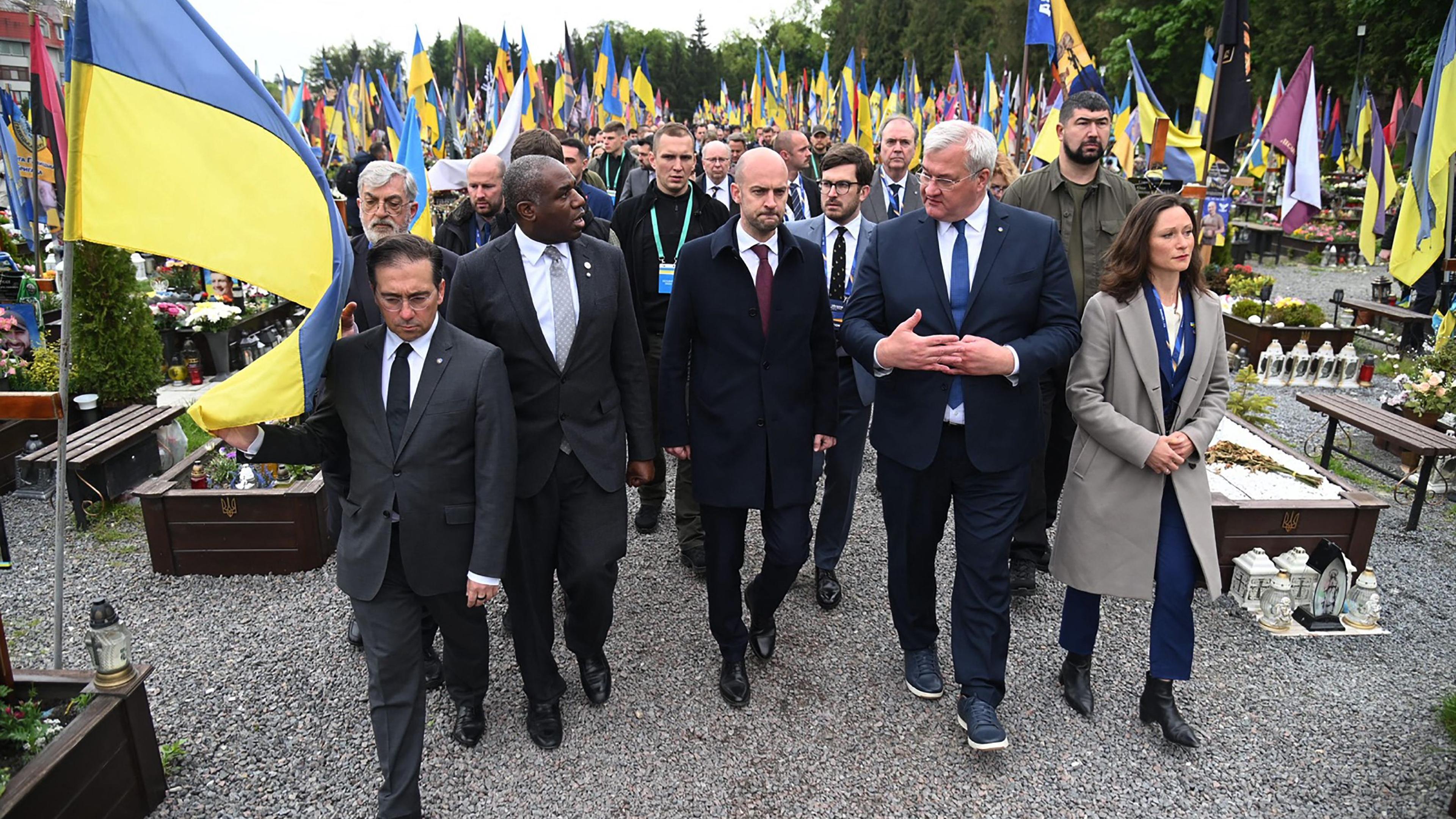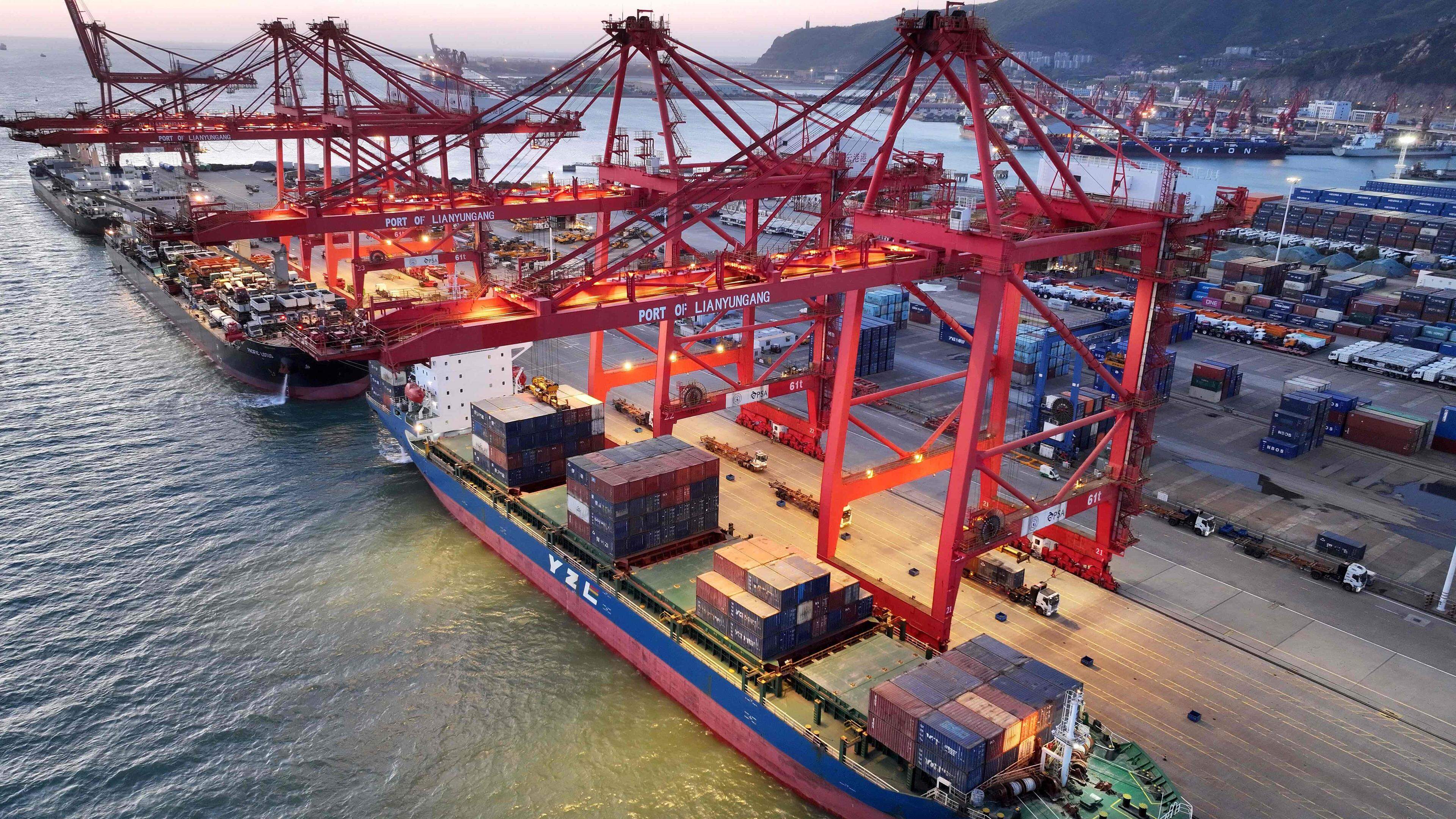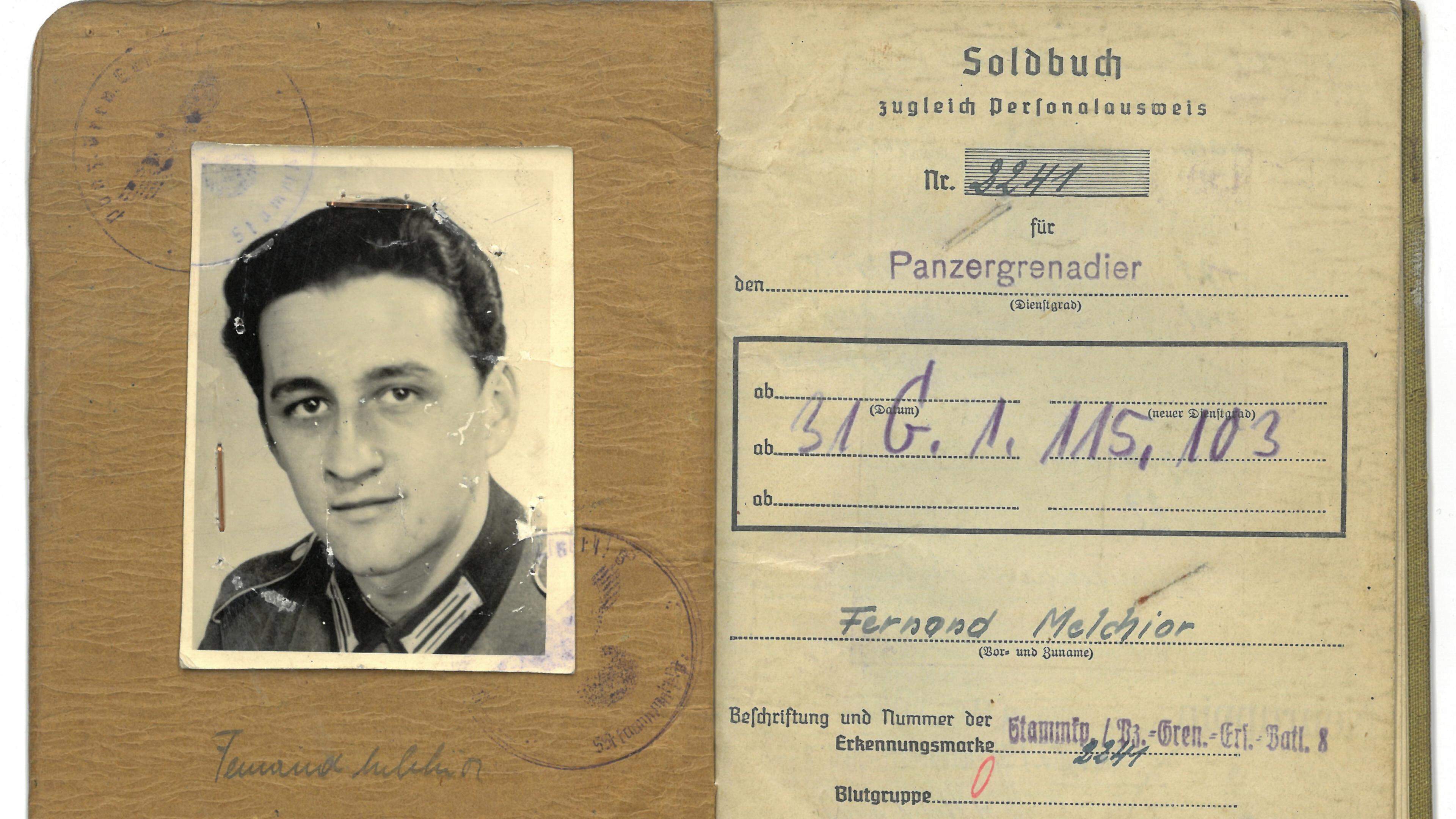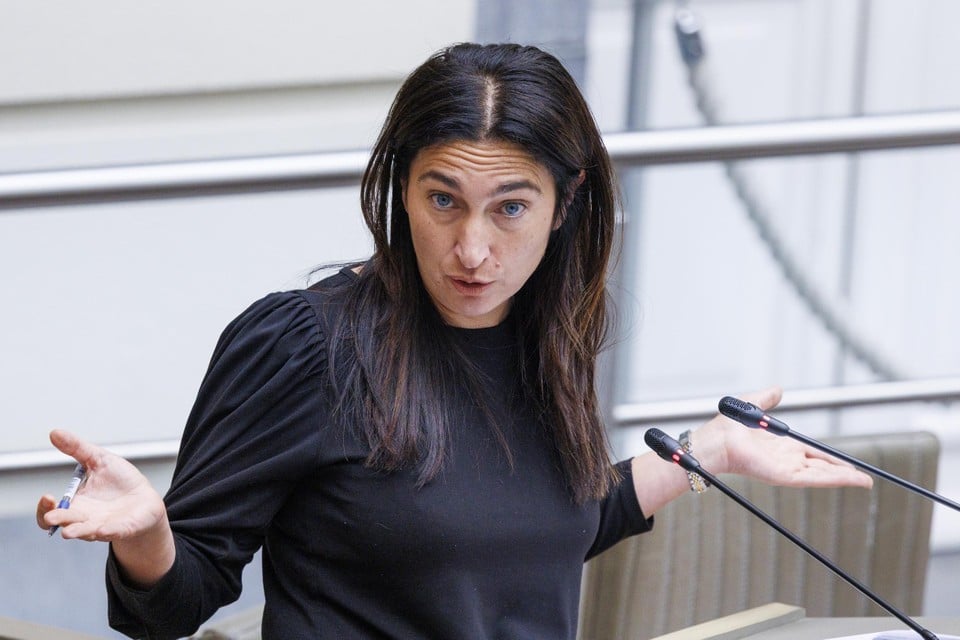Grands of Robert Krieps wins Pulitzer Prize with research on drug trafficking
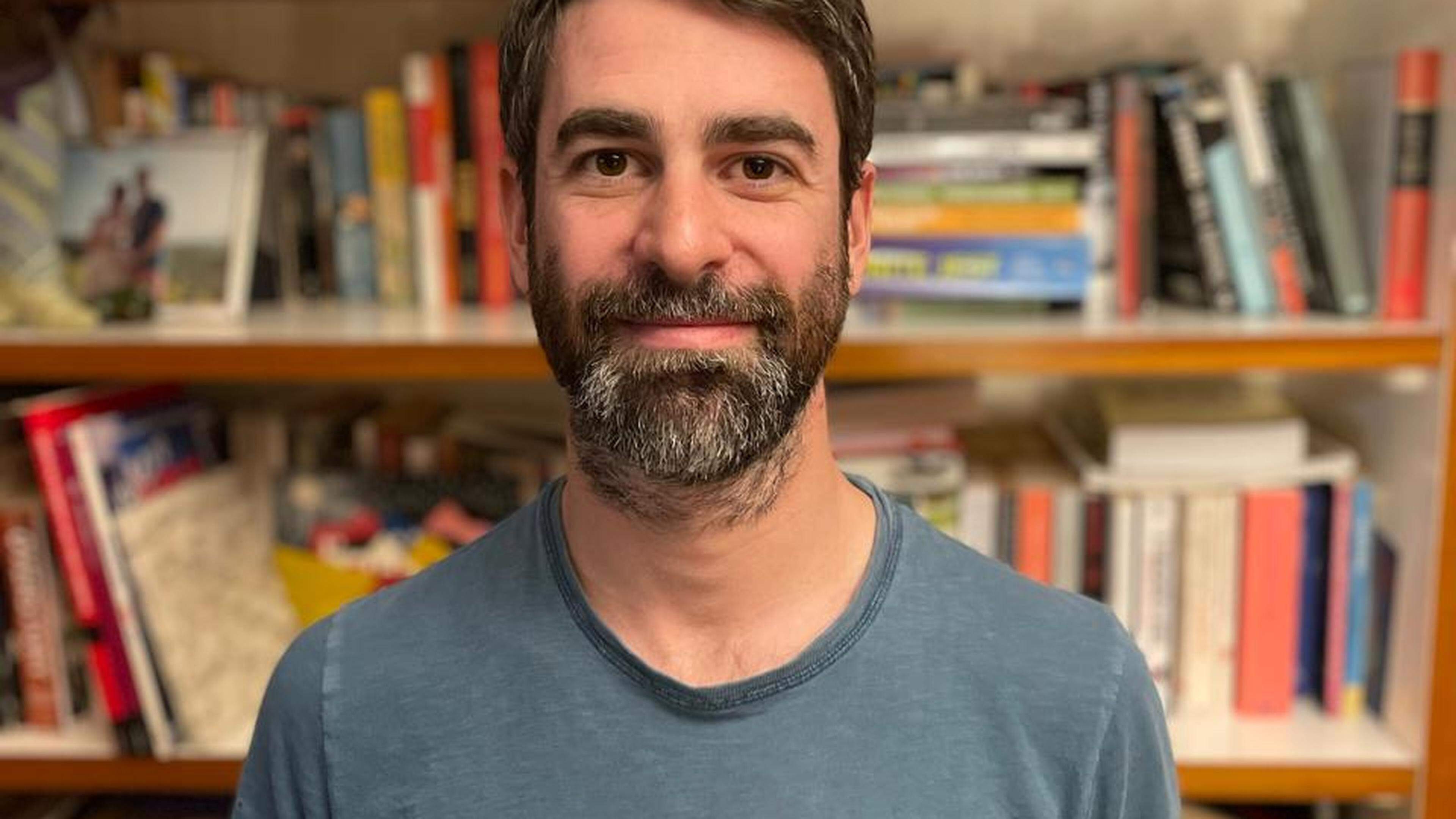
Luxembourg journalist Stephen Eisenhammer is one of the winners of this year’s Pulitzer Prize. The reporter of the Reuters agency was part of a nine-member research team that opened in an article series how the trade in chemicals works to produce fentanyl.
In the past ten years, the United States has been haunted by a real fentanyl epidemic, which has so far cost 450,000 Americans.
Eisenhammer has a Luxembourg passport, but grew up in London. His mother is the daughter of the former LSAP politician and Minister Robert Krieps; The actress Vicky Krieps is his cousin. Eisenhammer’s father comes from South Africa. « But I came to Luxembourg every summer and my mother spoke to me Luxembourgisch, » he says in an interview with the « Luxembourg word ».
He has been working at Reuters since 2012. After stations in London and Brazil, he today heads the agency’s office in Mexico. « In Europe, the fentany crisis has not yet reached the extent as in the USA. But Mexico or the USA is a huge health crisis with temporary over 100,000 dead per year, » he explains the motivation for the large -scale research.
« The majority of the fentanyl is made here in Mexico. There are many very good (journalistic) stories about the effects of addiction to the USA. But we felt that there was still no really profound research on the supply chain. »
Eisenhammer celebrates the profit of the prestigious Pulitzer Prize with his reporter colleague Drazen Jorgic. Photo: private
Order of chemicals in China
Fentanyl is a synthetic drug, so there are no huts such as cannabis or cocaine for production, but above all chemicals. These mainly come from China and are often processed into fetanyl in drug laboratories in Mexico.
This is how Luxembourg wants to get drug crime under control
The required laboratory equipment and the chemicals would usually be sent from China under the false label, explains Eisenhammer. « The only way to really understand the functioning of this industry was to buy even small quantities of these chemicals, » said the journalist.
They found corresponding dealers in China on the Internet, with which they negotiated through encrypted news systems and which they paid in Bitcoin. « We were pulled over the table a few times, it is a dodgy market, » he says. So one of the substances that they obtained in this way turned out as a sugar when she was tested in the laboratory.
« However, the crazy thing is that we only spent a little over $ 3,000, and could have thus made fentanyl with a street sales value of around three million euros, » he says.
Instead, the team then destroyed the materials. However, this shows how difficult it is for the law enforcement authorities to stop trading because you only need small amounts of chemicals. The research took around two years, explains Eisenhammer.

